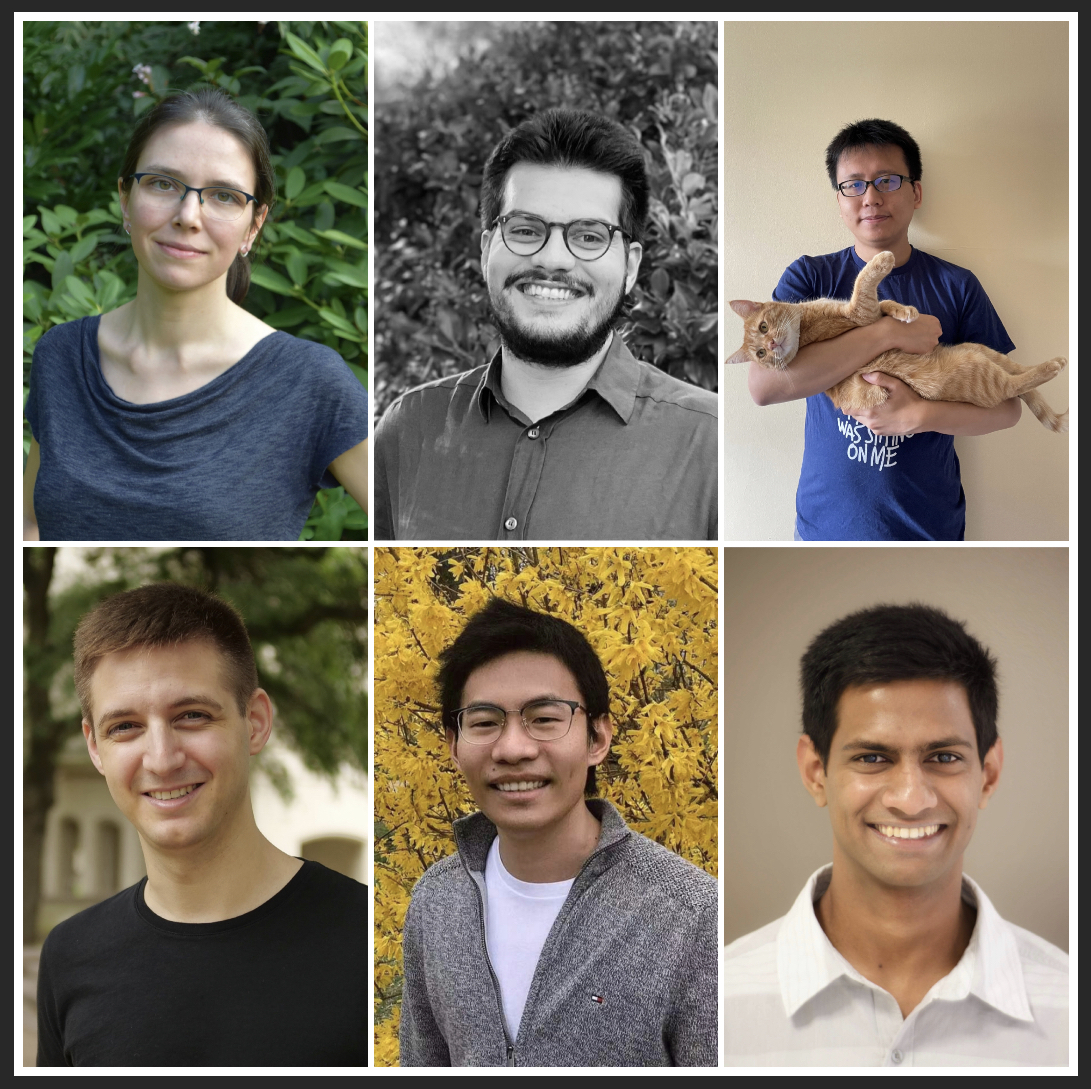I will be working with Dr. Karen Willcox, whom I first met when I organized her talk at the Charlemagne Distinguished Lecture Series (CDLS) at AICES. In discussions with our student groups, I was very impressed at how quickly she would understand our topics and link them to other areas of her expertise. Over the years, Willcox’s group has continuously explored new ideas and achieved a great diversity of methods in different fields of computational engineering. As part of my postdoc position, we will employ model order reduction methods to efficiently incorporate physical dynamics into a digital twin framework and thereby improve the twin’s predictiveness and robustness against measurement noise.
Long-term, I would like to pursue a career in academia working on the mathematical and physical foundation of computational methods. The postdoc position at the Oden Institute is an excellent opportunity towards achieving this goal.
Georgios Bakirtzis Expertise: Cyber-physical systems design and analysis.
Prior to the Oden Institute I was a graduate student in the Link Lab, a cyber-physical systems research center at the University of Virginia.
I have a PhD in computer engineering. Now, I have come to the Oden Institute because it offers a lot of opportunities for me to grow and pivot my research to something adjacent to what I did in my doctorate while simultaneously branching out and learning completely new things. I am excited to learn from the diverse voices within the Institute and be in an environment where interdisciplinary research seems to be the norm rather than the exception. I believe I thrive best in such conditions.
I have a number of key goals as part of my research. I want to work on certification of sociotechnical systems with learning in the loop such that we know that the systems we deploy are assured to be safe and they will not cause us harm.
In addition, I’m studying compositional methods in reinforcement learning so we can better understand what those systems should and shouldn’t do, and multi-agent mission modeling with a more constructive approach to proof theory in this domain.
Long term, I would really love to stay in the academic space. I find teaching and research the only time I feel like time flows as if I don't exist, completely entrenched in thinking, which is very appealing to me.
Hsi-Wei Hsieh Expertise: Shape analysis, computational anatomy, computer vision, optimal control theory and machine learning.
Prior to joining the Oden Institute, I was a PhD student in Applied Mathematics and Statistics at Johns Hopkins University.
The Oden Institute provides a very nice interdisciplinary research environment for applied math researchers like myself. I'll be working with Dr. Yen-Hsi Richard Tsai on vision-based sensor placement and robotic navigation problems and related problems in computer vision, deep learning, and optimal control.
These are all interesting problems that combine knowledge from various areas, and yet there is great potential for the algorithms and overall mathematical theory to be further explored and developed. I look forward to continuing my career in applied math research in academia or industry upon completion of my postdoc.
Stefan Henneking Expertise: High Performance Computing and Finite Element Methods.
Before becoming a Peter O'Donnell, Jr. Postdoctoral Fellow, I was a PhD student in the Oden Institute's CSEM program. Under the supervision of Dr. Leszek Demkowicz, I developed a mathematical model and implementation for the simulation of fiber laser amplifiers. Prior to that, I completed a MSc in Computational Science and Engineering at Georgia Tech.
When I joined the Institute in 2016, I came primarily for the Institute's unique multidisciplinary CSEM PhD program that has a strong focus on applied mathematics. I decided to apply for a postdoctoral position at the Oden Institute because, with its prolific collaborative research community and excellent administrative staff, the Oden Institute provides the ideal environment for cutting-edge research in computational science.
